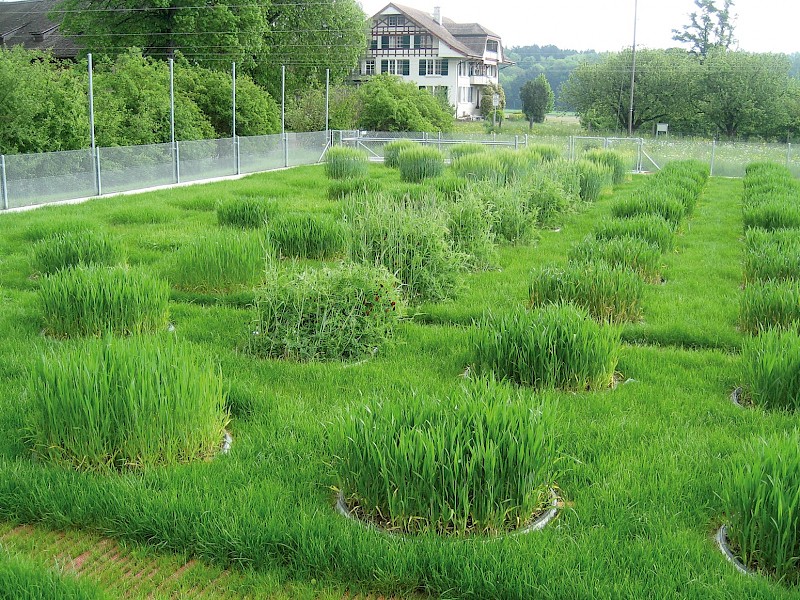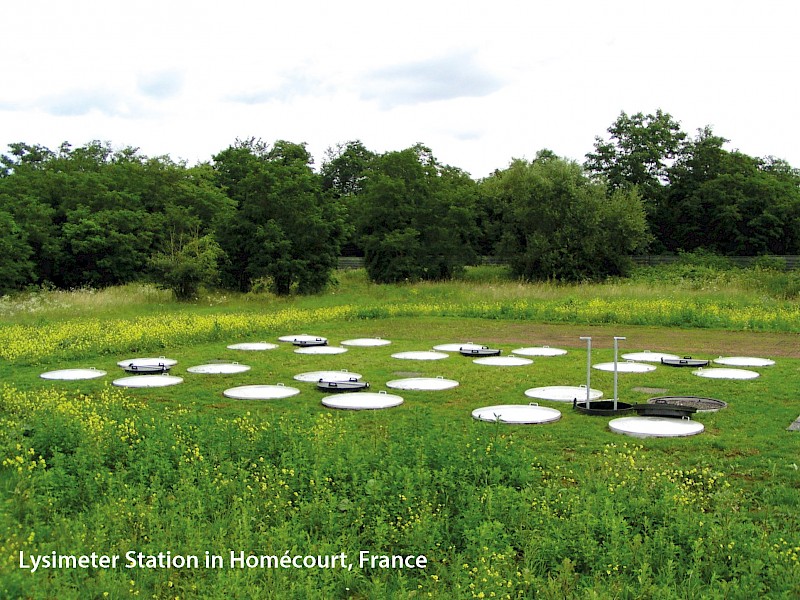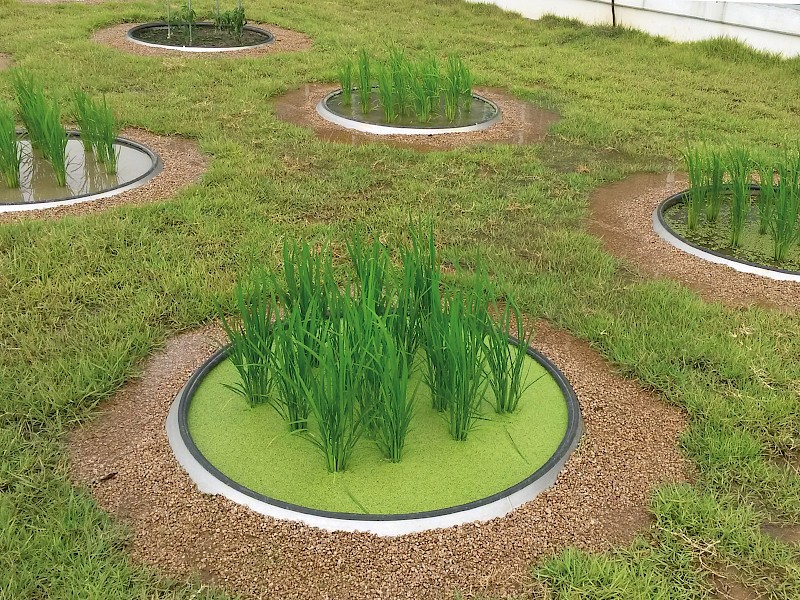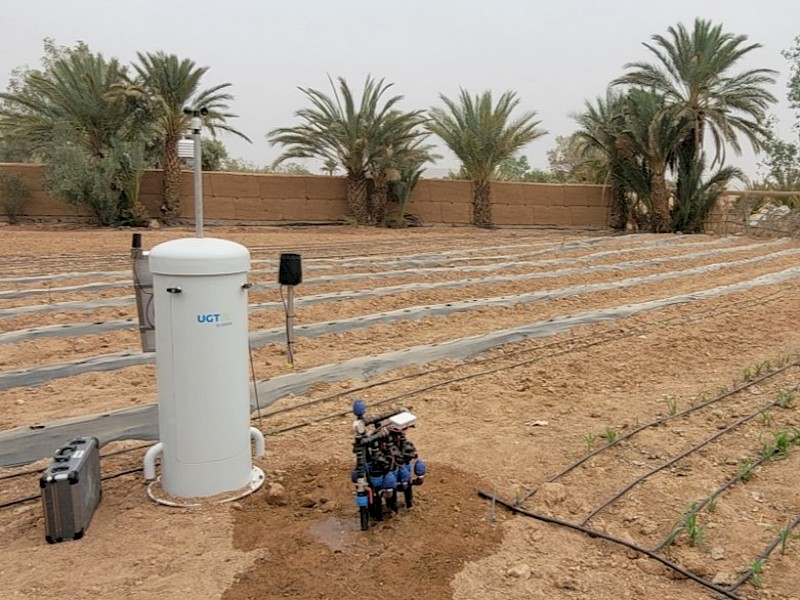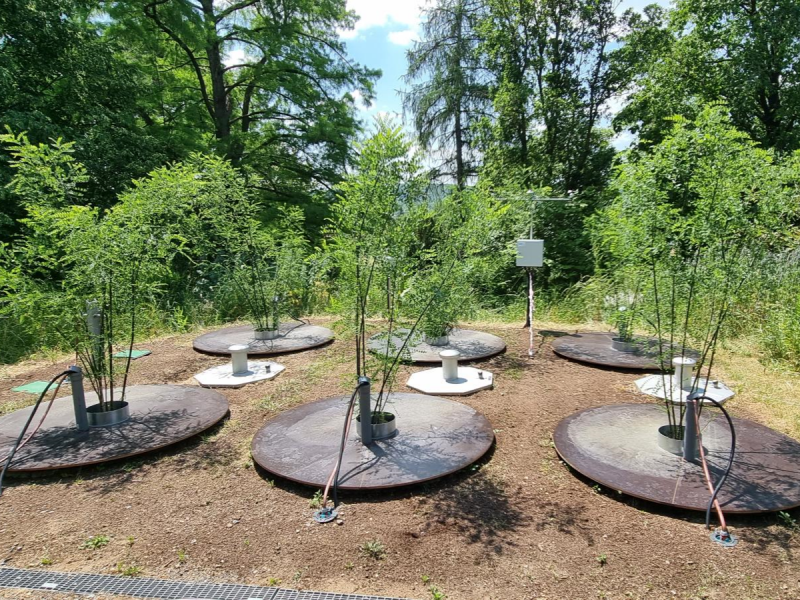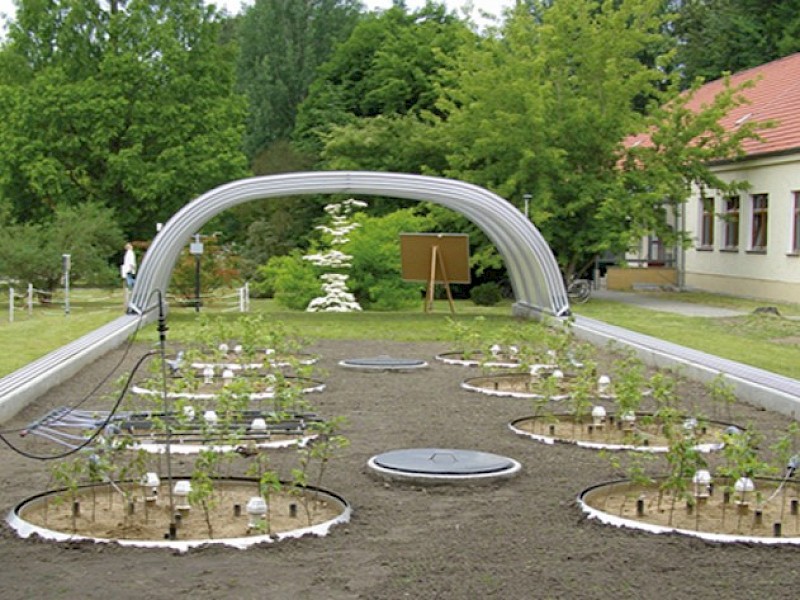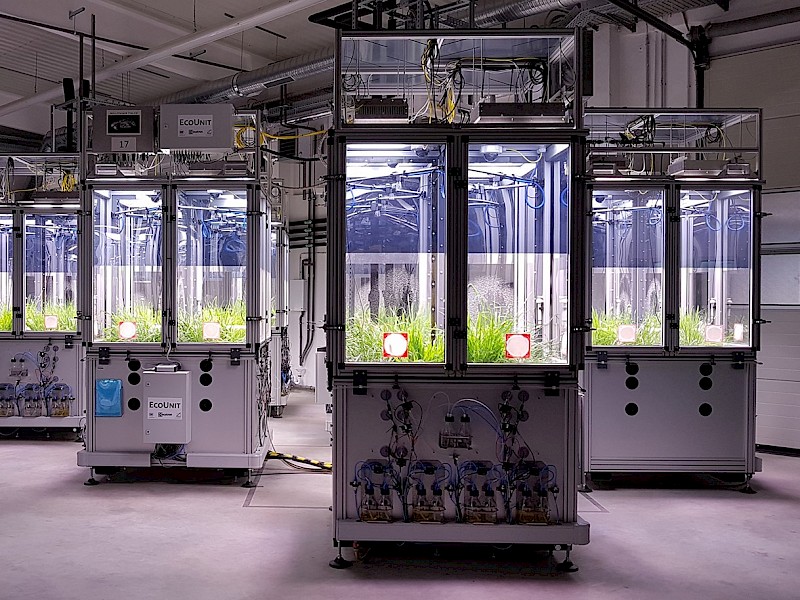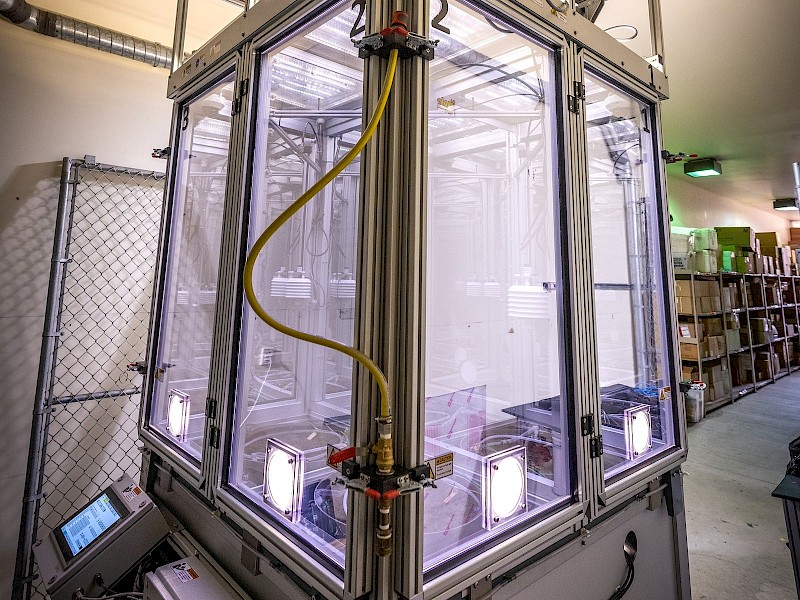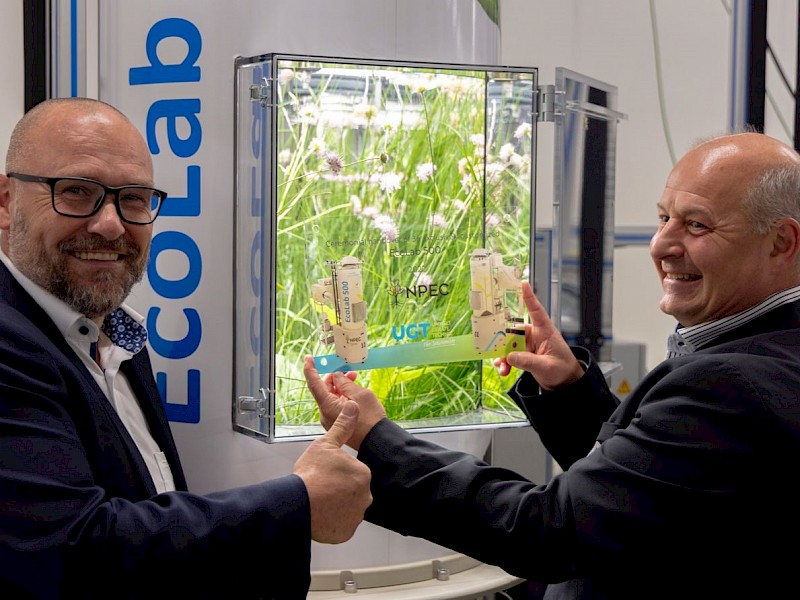A selection of our projects & references
Discover how our customers around the world use our innovative products. Universities and research institutes in particular appreciate our flexibility and expertise in providing customized solutions. Have fun browsing!
Lysimeter stations
Lysimeter station Zurich
Here we built the largest lysimeter station in Europe at the time for Agroscope Reckenholz-Tänikon. A total of 72 lysimeters, each with a surface area of one square meter.
Lysimeter station Homécourt
This large lysimeter station has been in France since 2006. We built the 24 weighable lysimeters for the GISFI research group, which is still conducting research here.
Lysimeter station South Korea
In Jeonju, we set up the largest lysimeter station in Asia to date in 2014. A total of 54 large lysimeters were installed on the new Rural Development Administration site.
RTG Lysimeter in Morocco
We have installed and successfully commissioned our ready-to-go lysimeters and weather stations at four agricultural sites in Morocco for the SuLaMo research project.
Lysimeter station in Franconia
We have developed a special lysimeter station with various sensors and an underground water tank including a "wick system" for the LWG's "Blue-green taps" research project.
DryLab Lysimeter Eberswalde
We have built a special lysimeter with an automatically closing roof for the Thünen Institute - to study the reaction of different tree species when the water supply is too low.
Ecotrons
iDiv Ecotron
Together with the German Center for Integrative Biodiversity Research, we have developed and manufactured 24 EcoUnits.
EcoPODs Berkeley
We designed and manufactured these three mini-labs to create a new platform for artificial ecosystems.
EcoLabs in Utrecht
We developed and installed 36 EcoLab flex for the NPEC in Utrecht in order to conduct comparative ecosystem research.
Contact us
Are you looking for a strong partner and a sustainable cooperation? Then simply get in touch with us! We love exciting and challenging projects around environmental technology.

